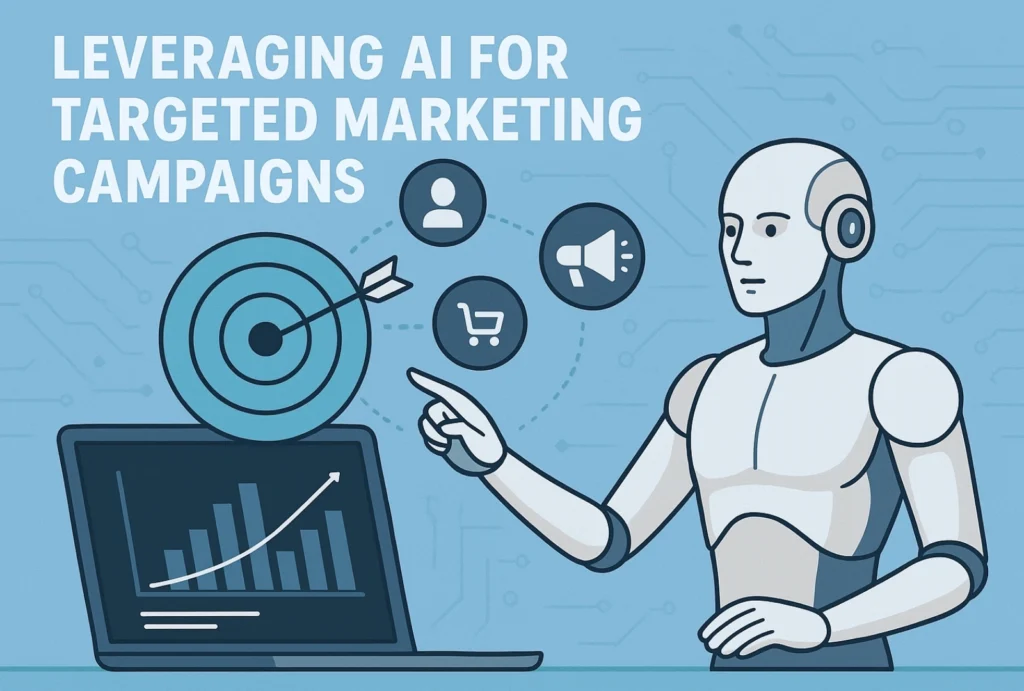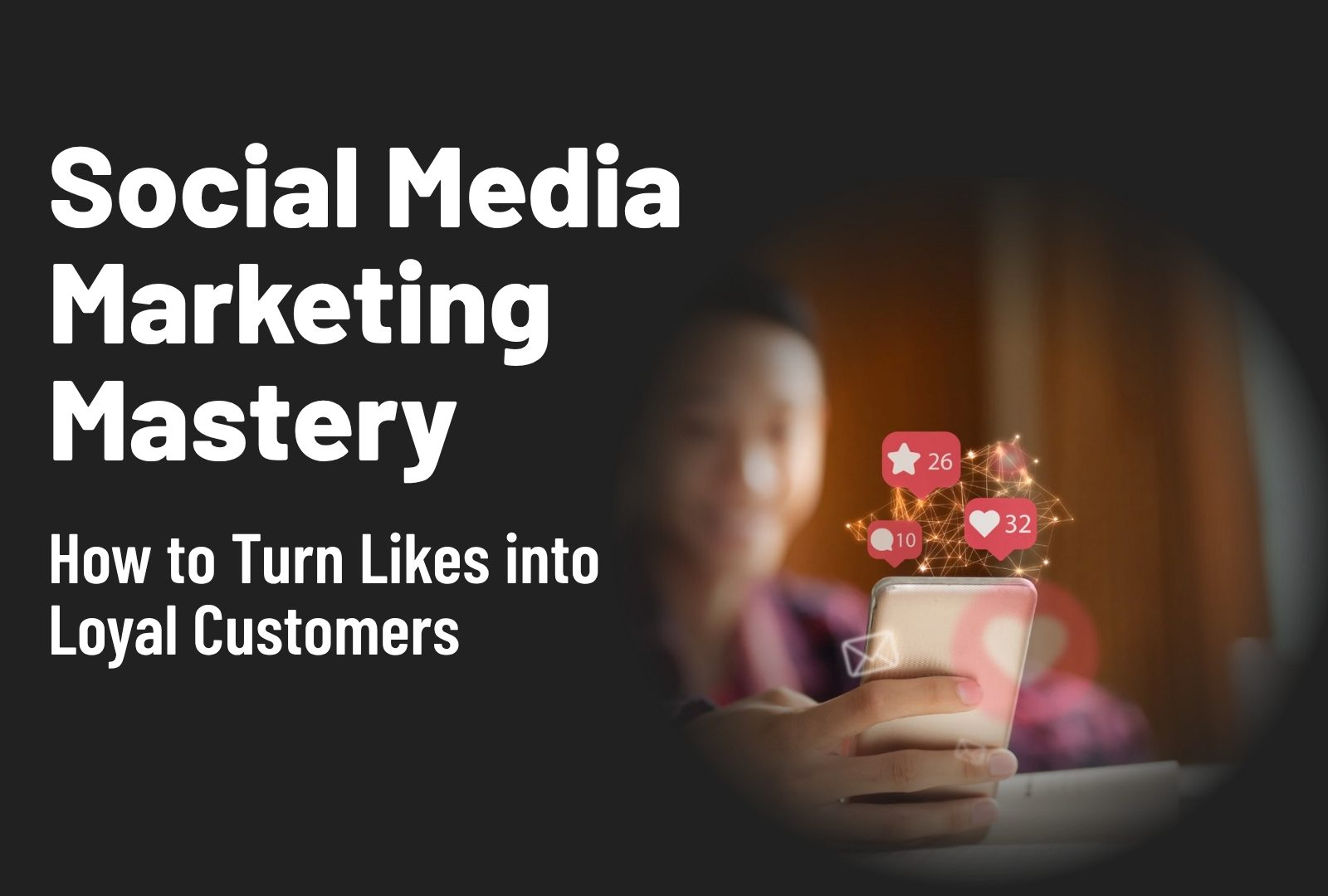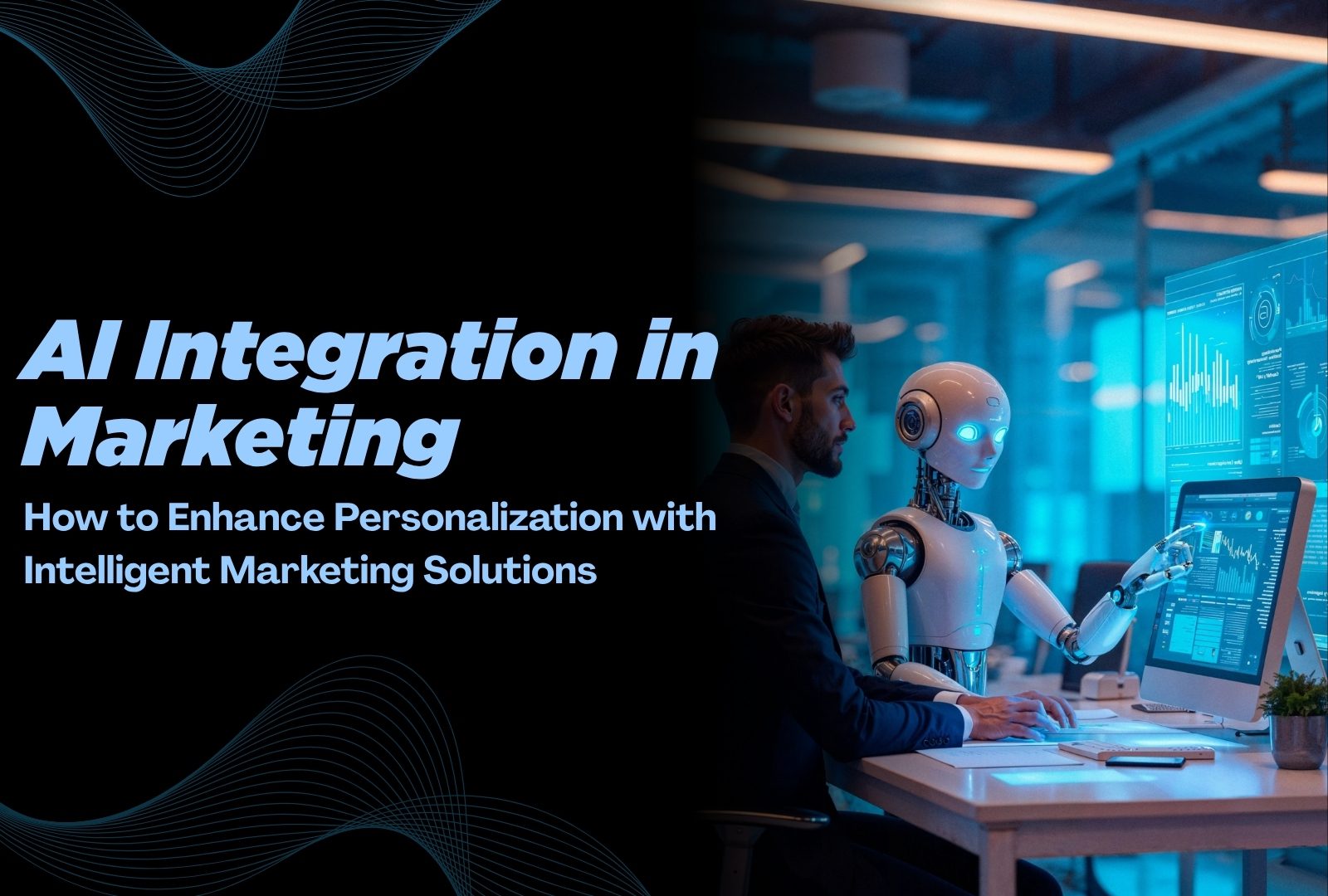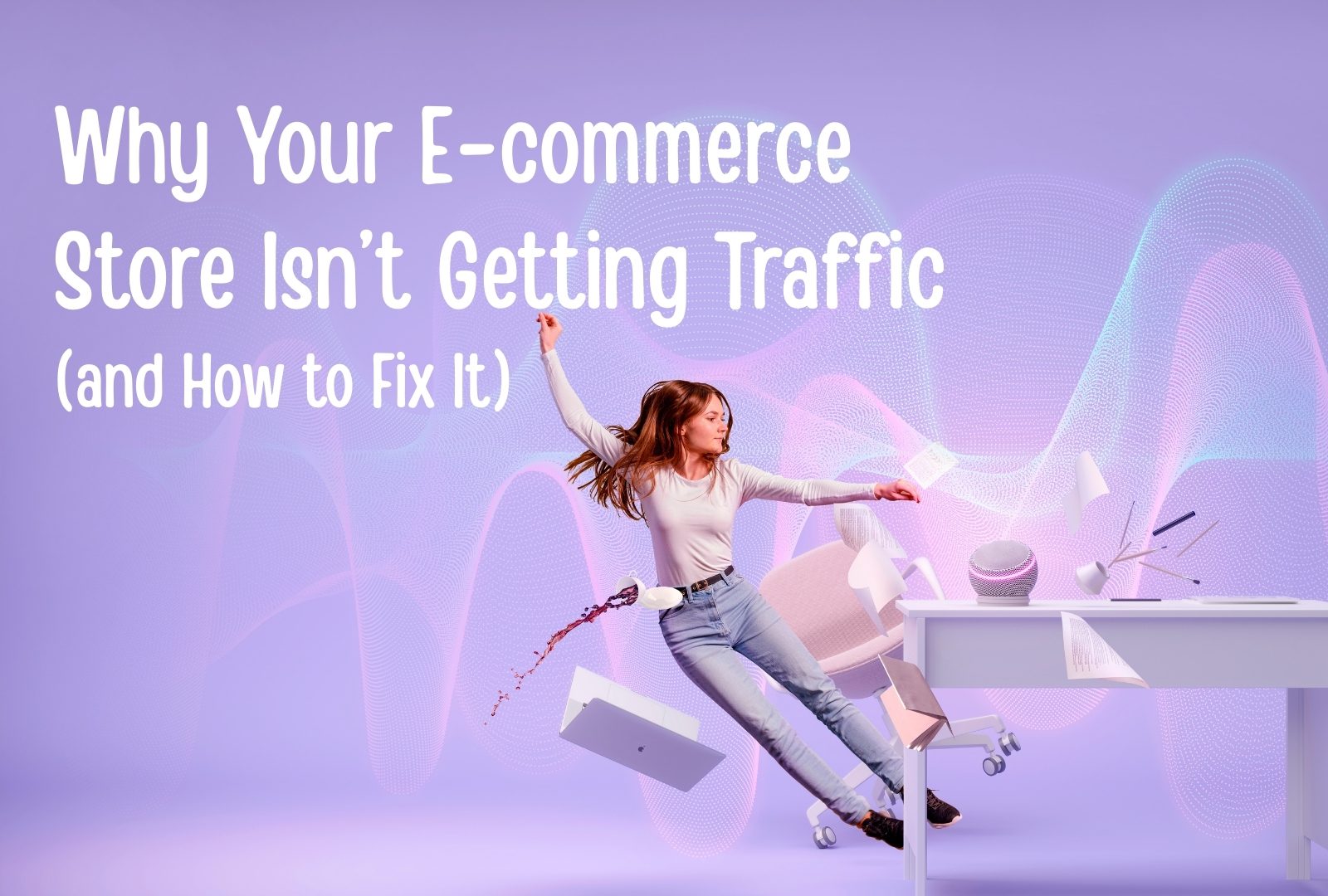Artificial Intelligence (AI) is reshaping the future of digital marketing. From predicting customer behavior to personalizing content, AI allows marketers to create targeted campaigns that drive better engagement and conversions.
In this guide, we’ll explore how AI in digital marketing works, the benefits of AI-driven campaigns, essential AI marketing tools, challenges to watch out for, and best practices to thrive in the digital marketing in an AI world.
How Does AI Affect Digital Marketing?
AI plays a transformative role in digital marketing by analyzing massive datasets, predicting customer preferences, and automating marketing efforts. With the ability to uncover insights that human analysis might miss, AI helps marketers make smarter, data-driven decisions.
Key Benefits of AI in Digital Marketing
- Enhanced consumer targeting through predictive analytics
- Real-time campaign optimization for better ROI
- Automated content creation to maintain relevance and scalability
However, while AI unlocks powerful opportunities, marketers must also be aware of its challenges, such as data dependency, ethical concerns, and algorithmic biases.
How Does AI Power Smart Marketing Techniques?
AI enables smart marketing techniques that help businesses maximize efficiency and engagement.
Examples of Smart Marketing Techniques Using AI
- Chatbots for customer service – Provide 24/7 support and improve user experience.
- Email personalization – Craft targeted campaigns that increase open and conversion rates.
- Behavioral analytics – Deliver tailored messages based on customer actions.
- Dynamic pricing – Instantaneously adjust product prices to meet customer demand.
By leveraging these techniques, businesses can increase customer satisfaction while ensuring higher returns on marketing investments.
Why Is AI Market Research Important?
AI market research helps businesses understand their audience better by processing vast amounts of data quickly and accurately.
Benefits of AI-Powered Market Research
- Rapid data processing for quicker decision-making
- Accurate trend prediction through predictive analytics
- Enhanced audience segmentation to target the right customers
This allows marketers to anticipate consumer needs and stay ahead of competitors with data-backed strategies.
How Do AI-Driven Campaigns Improve Personalization?
One of the biggest advantages of AI is its ability to power AI-driven campaigns that deliver personalized content and experiences.
Benefits of Predictive Marketing AI
- Anticipates customer behavior with predictive marketing AI
- Improves engagement through tailored recommendations
- Increases conversion rates with personalized offers
For example, AI can customize emails, ads, or website content based on a customer’s previous interactions, fostering stronger loyalty and trust.
How Does AI Content Creation Transform Content Marketing?
AI is redefining content marketing by streamlining content creation and ensuring consistency across platforms.
Applications of AI in Content Marketing
- AI-generated content for product descriptions, blogs, and social media posts
- Automated content personalization for specific audience segments
- Consistency in brand messaging across multiple channels
Benefits include faster turnaround times, scalable content production, and higher engagement through relevance-driven messaging.
What Are the Best AI Marketing Tools for Marketers?
Modern marketers rely heavily on AI marketing tools to automate tasks, analyze performance, and optimize campaigns.
Popular AI Marketing Tools Include:
- Chatbot platforms – For customer engagement
- Tools for predictive analytics – To predict patterns and actions
- Automated ad management solutions – To optimize ad spend
These tools free up time for marketers to focus on strategy and creativity while ensuring campaigns stay agile and impactful.
What Drawbacks Does AI Have for Digital Marketing?
While AI brings significant advantages, there are also limitations to be aware of.
Key Challenges of AI in Digital Marketing
- Dependence on large datasets – Smaller businesses may struggle without enough data
- Algorithmic biases – AI can unintentionally reinforce bias present in data
- High implementation costs – Investment is needed for advanced tools and training.
Acknowledging these cons of AI in digital marketing helps businesses adopt AI responsibly and avoid common pitfalls.
Best Practices for Digital Marketing in an AI World
To maximize results in digital marketing in an AI world, businesses must take a balanced, strategic approach.
AI Marketing Best Practices
- Put data security and privacy first to win over customers.
- Invest in ongoing AI training to stay competitive
- Monitor AI systems for bias to ensure inclusivity
Adopting these practices allows companies to harness AI’s power responsibly while staying adaptable to evolving technologies.
The Future of AI in Digital Marketing
The future of AI in digital marketing promises more personalization, automation, and customer-centric strategies. As technology develops, companies that adopt AI now will have a competitive advantage thanks to improved consumer experiences and targeting.
AI will continue to transform how marketers operate, shaping smarter campaigns, deeper insights, and stronger customer relationships.
FAQ’S
What is AI in digital marketing?
AI in digital marketing refers to using artificial intelligence technologies such as machine learning, predictive analytics, and natural language processing to improve targeting, personalization, and overall campaign efficiency.
How do AI-driven campaigns improve engagement?
AI-driven campaigns analyze user behavior and deliver personalized content, leading to higher engagement, improved customer satisfaction, and increased conversion rates.
What are the biggest challenges of using AI in marketing?
The main challenges include high costs, reliance on quality data, and the risk of algorithmic bias affecting marketing outcomes.
Which AI marketing tools are most effective?
Popular AI marketing tools include chatbot platforms for customer support, predictive analytics tools for forecasting, and automated ad management solutions for optimizing ad spend.






